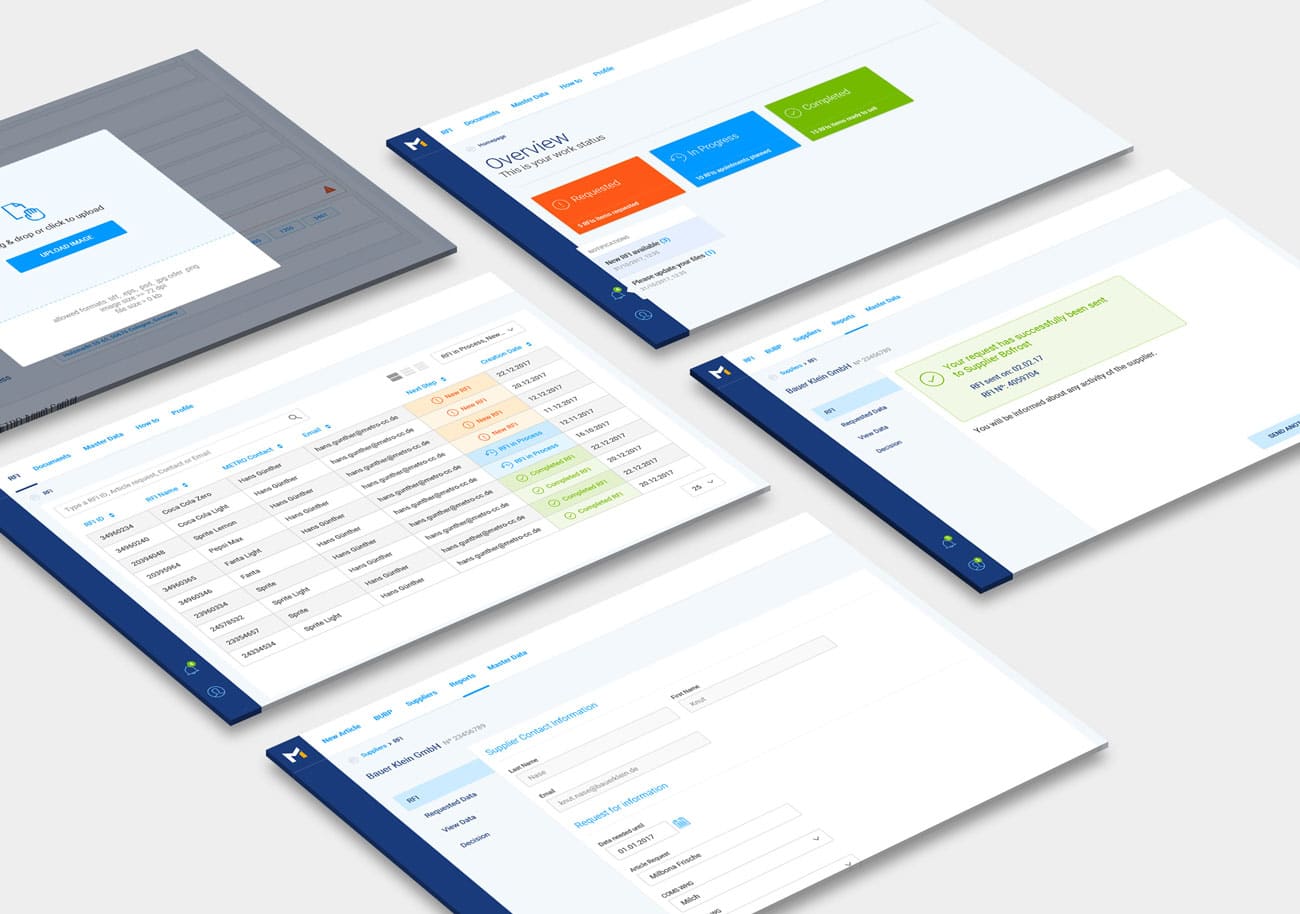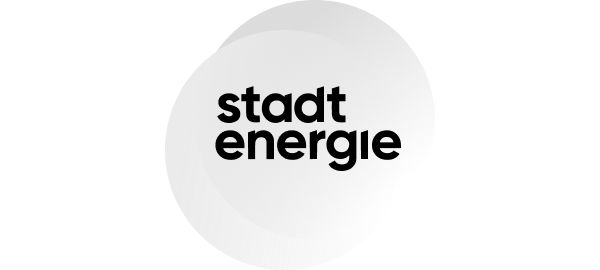One of the biggest wholesale companies in the world had the need to implement their master data management strategy and build on top of that a product information management system (PIM) to support all activities when fetching article master data from suppliers and exposing those in a fast and reliable manner to consuming systems (such as a marketplace or a webshop).
Client
METRO/METRONOM
Year
2017/2018
Stack
Kubernetes, Docker containers, Java/Kotlin/Spring Boot, JavaScript/React
➞ Data quality cockpit
Provides a real-time overview and modification capability of product listings attributes.
➞ RFI process
Automate product listing process between suppliers and category managers.
➞ Validation service
Ability to tune customized validation rules and validate product attributes before listing.
➞ Master data search
Generic search functionality on GTINs, suppliers, and internal product hierarchies.
⸻ Customer Challenge
Why a PIM and MDM Strategy
Before the implementation of a MDM and PIM solution all article master data had been exchanged between suppliers and METRO via excel, email, and product content solutions providers. The different ways of providing information to the METRO landscape was mostly through manual data transmission which was error-prone and time-consuming.
The goal of the MDM and PIM solution had been, to build a fully fledged solution internal software developers, domain experts and domain owners of METRO, and MobiLab to digitize the data exchange by supporting a M2M interface between suppliers and METRO, but also providing a Human-to-Machine (H2M) user interface for the master data exchange.
The complete solution should allow users to load, enrich and expose the master data to different consuming systems and having near-time validation on all article data.
⸻ Solution
Enable Retail Transformation
The general aim of the Master Data Management Portal is to list products (i.e. articles) from METRO Suppliers within the METRO Cash & Carry world.
We take three different users into consideration for the Portal:
- Category Manager (CM)
- Master Data Manager (MDM)
- Supplier
In general, the whole process starts after the CM and the supplier have negotiated and agreed on the products/items which will be bought from the supplier. Hence, after the agreement has been reached, it is the CM who gets in touch again with the Supplier to ask about the delivery of the master data. However, when contacting the Supplier we have to take into account a fundamental distinction between two types of suppliers:
- GDSN Supplier: This is a supplier type who provides his data over a data pool called GDSN (consider this as a centralized data pool to which bigger suppliers are connected to, where GDSN serves as a broker between the Suppliers and the retailers). This type of data exchange is basically used by major Suppliers (such as Henkel, Nestlé, etc.).
- Non-GDSN Supplier: This is a type of supplier who is not using a centralized data pool like GDSN to provide its data, but simply provides its data by using an excel file that is structured based on the agreement between the supplier and the retailer. Most of the mom-and-pop suppliers (i.e. smaller suppliers) provide their data this way.
Related projects: METRO Inbound Pricing Solution, METRO Dynamic Pricing Platform


